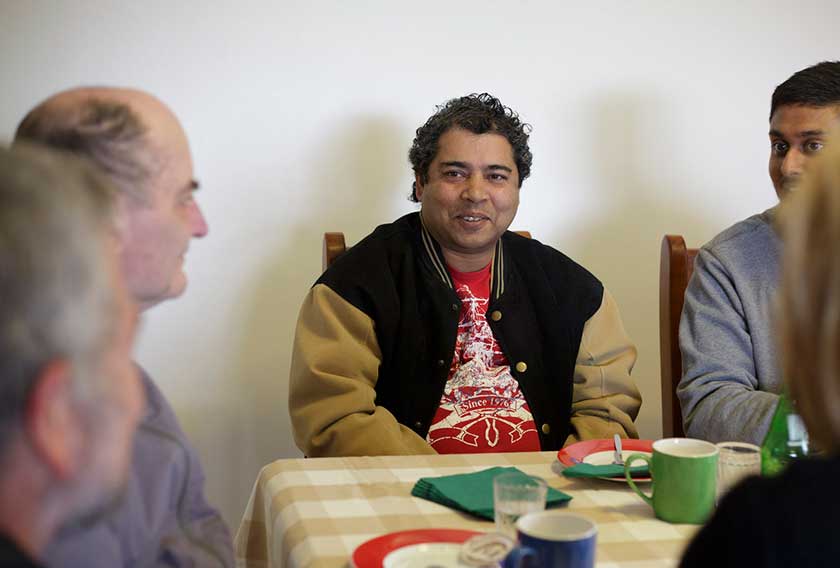Alcohol is a depressant. It slows your body down and changes the chemical make-up of your brain. The immediate effect is felt as relaxation – muscles become looser, thinking slows down and inhibitions start to disappear.
If you are feeling low, anxious or stressed this effect can be very desirable. It may give you the ‘boost’ you feel you need to enter social situations or let you forget about stressors for a while.
Small amounts of alcohol can even help you to drop off to sleep if you’ve been struggling with insomnia.
However, as you increase your consumption a number of other things can happen:
- You may act in ways that you usually wouldn’t – behaviour that is risky, aggressive or downright embarrassing to your sober self.
- While you may drop off to sleep more easily, your sleep quality is poor meaning you wake up even more tired.
- The dreaded hangover. This is both the physiological hangover i.e. feeling sick and dehydrated, as well as the psychological and social impact of possibly having done or said things you regret. There may also be a financial hangover of spending more money than you wanted or could afford.
- A vicious cycle can start where you want to drink more to avoid the hangover consequences, leading to further stress, anxiety and depression.
- For those with existing mental health concerns there is also the very serious increase in the risk of suicide.
Navigating the party season
- Plan social events that are alcohol free rather than trying not to drink at a pub, bar or party. These can be day time coffee catch-ups, beach, galleries, museums, team events like paintball or golf, picnics with the family.
- Plan days off where you feel free to decline invitations if your overall schedule is busy.
- Plan days with supportive people if you know some days will trigger feelings of loneliness. Get some tips on managing loneliness.
- Never underestimate the enormous benefits of regular exercise, nutritious meals and regular sleeping/waking times.
- Get some tips to manage the Christmas party.
- Try to reduce your alcohol consumption.
- Address underlying mental health concerns and seek help if you need it.
St John of God Burwood and Richmond hospitals provide a range of programs to address your alcohol consumption.








